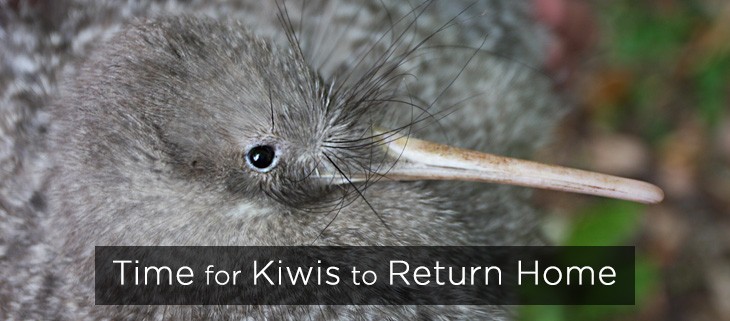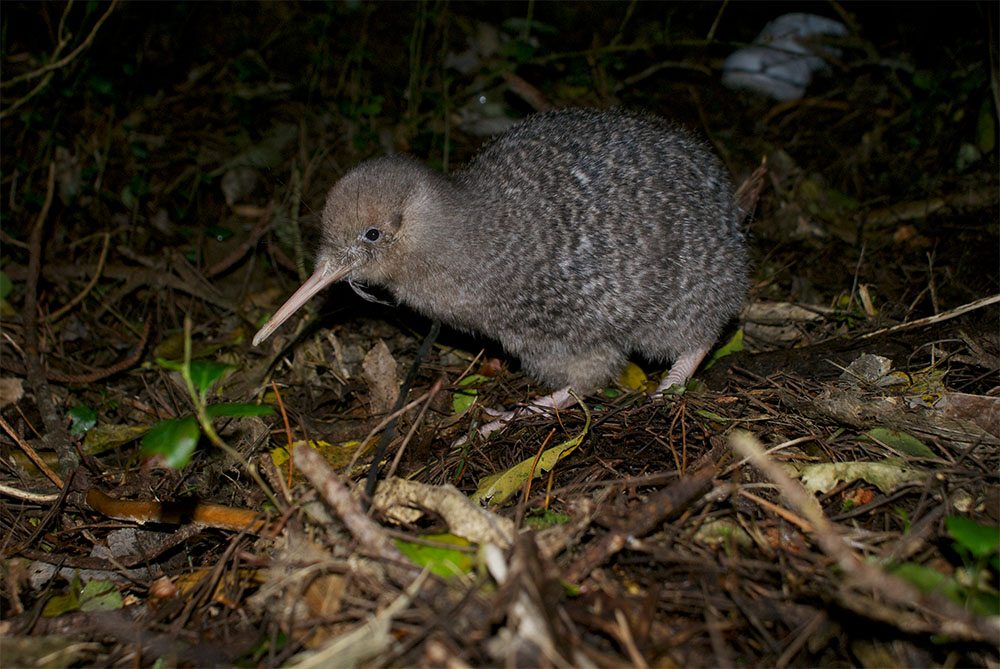December 4, 2024
The Ebiil Society: Champions of Palau
Ann Singeo, founder of our partner organization the Ebiil Society, shares her vision for a thriving Palau and a flourishing world of indigenous science!
We use cookies to help you navigate efficiently and perform certain functions. You will find detailed information about all cookies under each consent category below.
The cookies that are categorized as "Necessary" are stored on your browser as they are essential for enabling the basic functionalities of the site. ...
Necessary cookies are required to enable the basic features of this site, such as providing secure log-in or adjusting your consent preferences. These cookies do not store any personally identifiable data.
Functional cookies help perform certain functionalities like sharing the content of the website on social media platforms, collecting feedback, and other third-party features.
Analytical cookies are used to understand how visitors interact with the website. These cookies help provide information on metrics such as the number of visitors, bounce rate, traffic source, etc.
Performance cookies are used to understand and analyze the key performance indexes of the website which helps in delivering a better user experience for the visitors.
Advertisement cookies are used to provide visitors with customized advertisements based on the pages you visited previously and to analyze the effectiveness of the ad campaigns.
Looking to make an impact this Earth Month? Here’s how.

Ten male and ten female Little Spotted Kiwis (Apteryx owenii) from Kapiti Island will be released in Northern New Zealand. The 20 Kiwis will be released into Shakespear Open Sanctuary, a 2-square mile (500 hectare) reserve that has been devoid of invasive predators for the past five years.
This translocation of the Little Spotted Kiwi was encouraged primarily by the successful reintegration of the Northern Brown Kiwi into the Hunua Ranges near Auckland; this success is owed in part to invasive predator removal. Before they are released, the Little Spotted Kiwi will first participate in pōwhiri, a customary Māori welcoming ceremony that unites visitors with the land and its native people.
The city of Auckland is committed to reestablishing a lasting Kiwi population. Mayor of Auckland, Phil Goff states:
Reintroducing Little Spotted Kiwi to Shakespear is part of a multi-site programme undertaken by Auckland Council.
Translocations of at-risk species such as the Little Spotted Kiwi can help establish stable populations by introducing genetic diversity and increasing the size of the population. The more genetically diverse a population is, the more resilient it will be to forces such as natural disasters, disease, or anthropogenic events such as the introduction of invasive species or deforestation.

The Little Spotted Kiwi is the second-rarest kiwi species but was declared Near Threatened by the International Union for the Conservation of Nature (IUCN) in 2008 due to increasing population trends that are a direct result of translocations throughout New Zealand. The Little Spotted Kiwi was threatened by introduced domestic species and invasive stoats, which diminished the majority of the populations on the mainland. The Little Spotted Kiwis still thrived on predator-free islands off the coast. The combination of invasive species control on the mainland, monitoring of predator-free habitats on islands, and establishment of Kiwi wildlife sanctuaries has contributed to the increase in Little Spotted Kiwi populations.
If the translocation event is successful, the Auckland Council will introduce an additional 20 Little Spotted Kiwis within the next few years, and will continue to do so until the population achieves sufficient genetic resilience.
Check out other journal entries we think you might be interested in.
Notifications